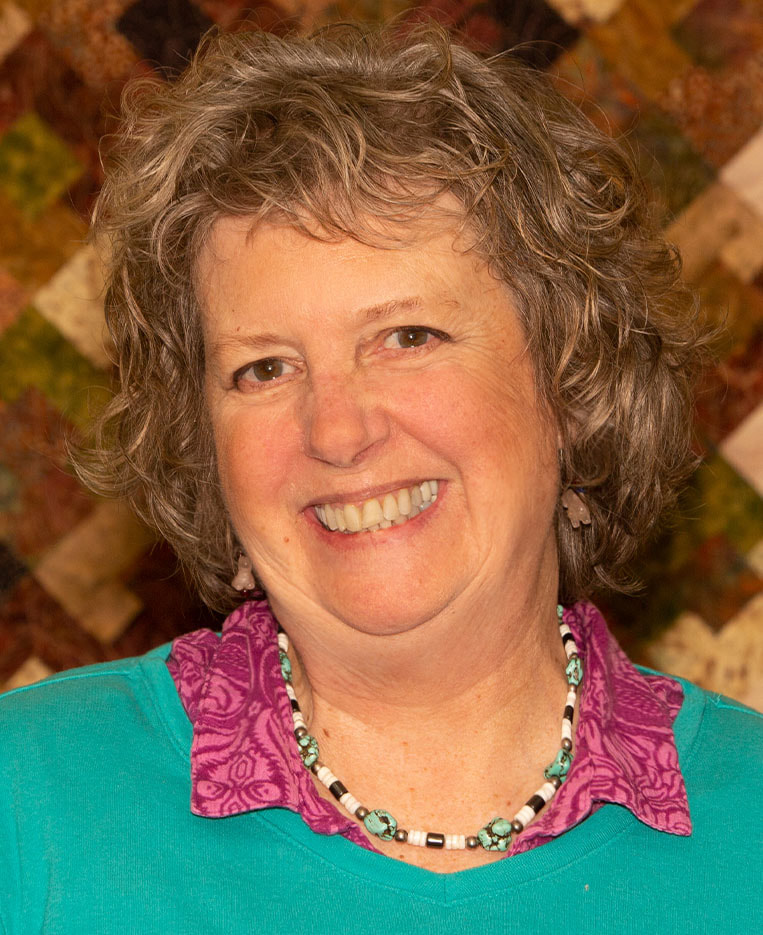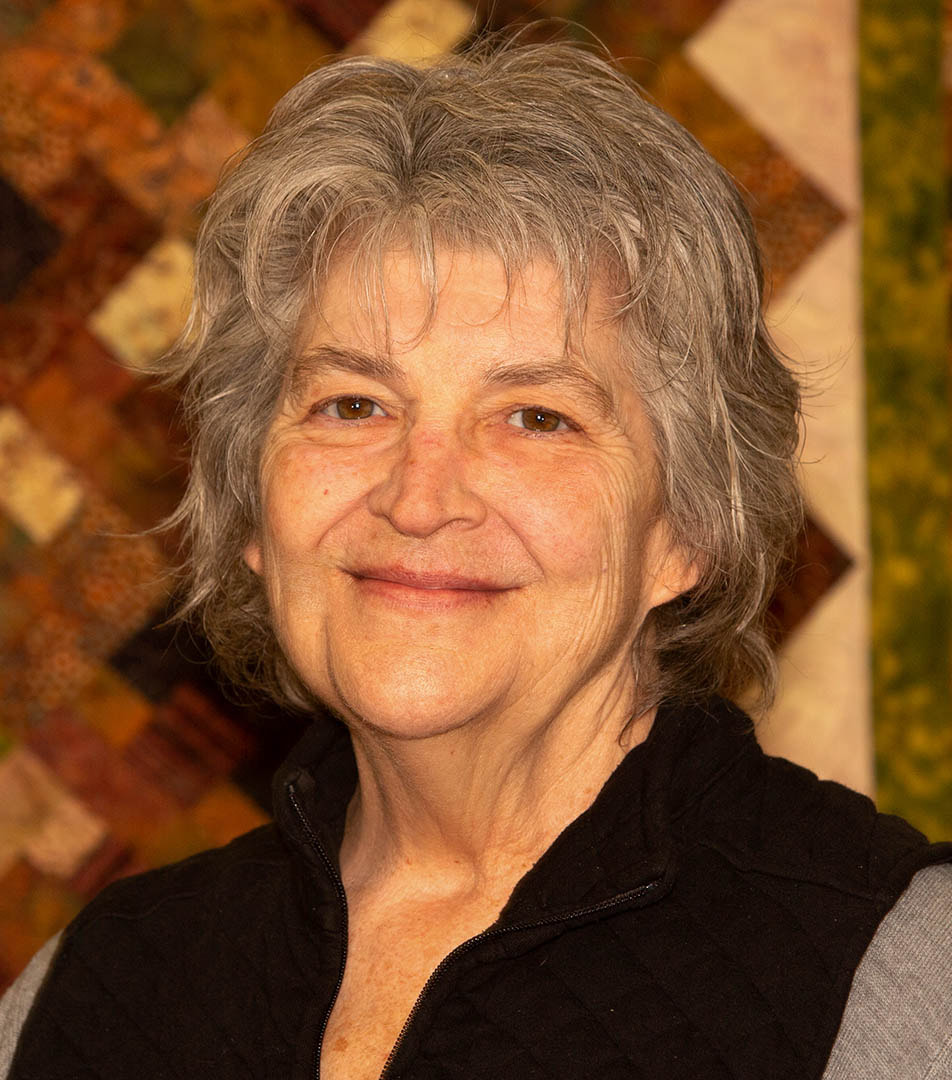|
by Kate Willette
by Kate Willette When young Kat joined the Coast Guard in 1980, she was following a well-traveled path. Like millions of others, she had multiple motives for going into the service. First, she was looking forward to a long career, one that would involve leadership and responsibility. But also, she’d already developed a problem with alcohol, and she saw the military as an organization where she could learn discipline and clean up her life. She was prepared to step up, work hard, and make her way. What happened instead was brutal.
by Kate Willette He didn’t know how to stop, though. He was functioning, sort of. He had some relationships in the community, including one with a doctor who knew him better than he’d imagined.
by Kate Willette There’s a grave, gentle quality to the way Dave describes his young self--as if, in middle age, he’d like to put a hand on the shoulder of the desperate young person he once was and tell him it will, somehow, be okay. What he’s describing in that quote is how it was in his first year of college, a time that would turn out to be the launching point of three decades of addiction and loss. By the time he was eighteen, he’d transferred to a different college and begun to use marijuana to manage his anxiety; pot was everywhere at the American University (AU) in Washington, DC. It was 1978, and he’d chosen to go there partly because it was known then as a “party school.” Maybe there would be less pressure.
by Kate Willette When Janice talks about her life, a sort of portrait emerges. It’s a landscape of wide, rough territory with masses of dark clouds and a figure in the foreground: Janice, steady and upright. She’s a self-reliant, self-educated woman whose sharp mind has seen her through and allowed her to prosper--even to forge a kind of truce with the world. She didn’t grow up with support from the usual places, because the people she might have depended on for nurturance often just didn’t have it to give.
|
Categories
All
Archives
June 2024
|






